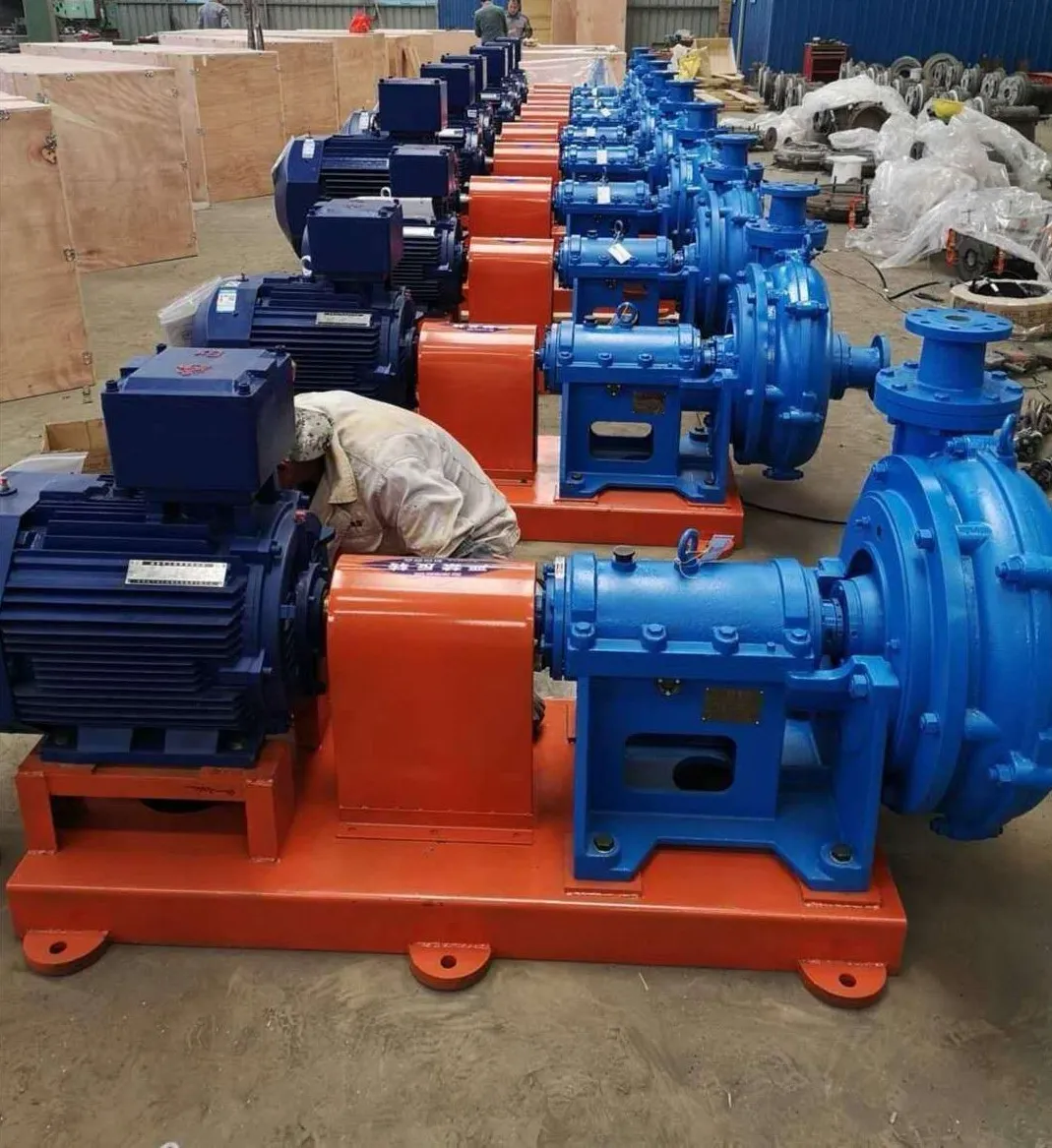English
- Afrikaans
- Albanian
- Amharic
- Arabic
- Armenian
- Azerbaijani
- Basque
- Belarusian
- Bengali
- Bosnian
- Bulgarian
- Catalan
- Cebuano
- Corsican
- Croatian
- Czech
- Danish
- Dutch
- English
- Esperanto
- Estonian
- Finnish
- French
- Frisian
- Galician
- Georgian
- German
- Greek
- Gujarati
- Haitian Creole
- hausa
- hawaiian
- Hebrew
- Hindi
- Miao
- Hungarian
- Icelandic
- igbo
- Indonesian
- irish
- Italian
- Japanese
- Javanese
- Kannada
- kazakh
- Khmer
- Rwandese
- Korean
- Kurdish
- Kyrgyz
- Lao
- Latin
- Latvian
- Lithuanian
- Luxembourgish
- Macedonian
- Malgashi
- Malay
- Malayalam
- Maltese
- Maori
- Marathi
- Mongolian
- Myanmar
- Nepali
- Norwegian
- Norwegian
- Occitan
- Pashto
- Persian
- Polish
- Portuguese
- Punjabi
- Romanian
- Russian
- Samoan
- Scottish Gaelic
- Serbian
- Sesotho
- Shona
- Sindhi
- Sinhala
- Slovak
- Slovenian
- Somali
- Spanish
- Sundanese
- Swahili
- Swedish
- Tagalog
- Tajik
- Tamil
- Tatar
- Telugu
- Thai
- Turkish
- Turkmen
- Ukrainian
- Urdu
- Uighur
- Uzbek
- Vietnamese
- Welsh
- Bantu
- Yiddish
- Yoruba
- Zulu
Telephone: +86 13120555503
Email: frank@cypump.com
Dec . 07, 2024 06:37 Back to list
slurry pump closed impeller
Understanding Slurry Pumps with Closed Impeller Design
Slurry pumps are essential equipment in various industries, particularly those dealing with heavy materials and abrasive substances. Among the different types of slurry pumps available, the closed impeller design stands out for its ability to efficiently convey slurries containing solids. In this article, we will explore the functionality, advantages, applications, and maintenance considerations of slurry pumps with closed impellers.
What is a Slurry Pump?
A slurry pump is specifically designed to transport a mixture of liquid and solid particles, known as slurry. This makes them invaluable in sectors such as mining, construction, and wastewater management. Unlike standard pumps, slurry pumps can handle thick and abrasive materials without succumbing to wear and tear quickly.
Closed Impeller Design Characteristics and Functionality
A closed impeller consists of a rotating part with blades that are enclosed between an upper and lower plate. This design is crucial in enhancing the pump's efficiency and capability to handle slurries. The impeller plays a significant role in converting mechanical energy into fluid energy, facilitating the forced movement of slurry through the pump.
The enclosed structure of the closed impeller prevents the leakage of slurry, ensuring that maximum energy is used for transferring the material rather than being wasted on unwanted recirculation or slip. This design is particularly beneficial when handling slurries with a high concentration of solids.
Advantages of Closed Impeller Slurry Pumps
1. Higher Efficiency Closed impeller pumps typically exhibit higher efficiency than their open counterparts due to the reduced hydraulic losses. The enclosed design minimizes turbulence, allowing for smoother fluid flow.
2. Enhanced Performance with Abrasives The sturdy construction of closed impellers makes them more resistant to wear and tear, which is vital when dealing with abrasive slurries commonly found in mining and mineral processing.
3. Better Suction and Discharge Capabilities Closed impellers provide superior suction and discharge performance, which translates to faster and more reliable transport of slurries over long distances.
slurry pump closed impeller

Applications of Closed Impeller Slurry Pumps
Closed impeller slurry pumps find applications across multiple industries
- Mining In mineral extraction, these pumps transport slurries containing ore and water, essential for processing minerals efficiently. - Construction They are used to move cement, concrete, and other construction slurries. - Wastewater Treatment Slurry pumps are employed in the transfer of sludge and other by-products in sewage treatment facilities. - Chemical Processing In industrial settings, they facilitate the movement of thick, corrosive slurries.
Maintenance Considerations
While closed impeller slurry pumps are robust, regular maintenance is essential to prolong their lifespan and ensure optimal performance
1. Routine Inspections Conduct regular inspections to identify wear on the impeller and other components. Early detection of issues can prevent catastrophic failures.
2. Monitor Performance Metrics Keep an eye on key performance indexes such as flow rate and pressure to spot potential problems before they escalate.
3. Proper Lubrication Ensure that the bearings and other moving parts are correctly lubricated to minimize friction and wear.
4. Utilize Quality Spare Parts Whenever repairs or replacements are needed, use high-quality spare parts to maintain the integrity of the pump.
Conclusion
Slurry pumps with closed impeller designs play a vital role in efficiently transporting slurries across various industries. Their advantages, including higher efficiency and better handling of abrasive materials, make them indispensable for operations requiring the movement of thick mixtures. By maintaining these pumps through regular inspections and proper care, industries can ensure their longevity and optimal performance, ultimately leading to increased productivity and reduced operational costs.
-
Horizontal Split Case Pump with GPT-4 Turbo | High Efficiency
NewsAug.01,2025
-
ISG Series Pipeline Pump - Chi Yuan Pumps | High Efficiency, Durable Design
NewsAug.01,2025
-
Advanced Flue Gas Desulfurization Pump with GPT-4 Turbo | Durable & Efficient
NewsJul.31,2025
-
ISG Series Vertical Pipeline Pump - Chi Yuan Pumps | Advanced Hydraulic Design&Durable Construction
NewsJul.31,2025
-
ISG Series Vertical Pipeline Pump - Chi Yuan Pumps | Energy Efficient & Low Noise
NewsJul.31,2025
-
pipeline pump - Chi Yuan Pumps Co., LTD.|High Efficiency&Low Noise
NewsJul.31,2025










